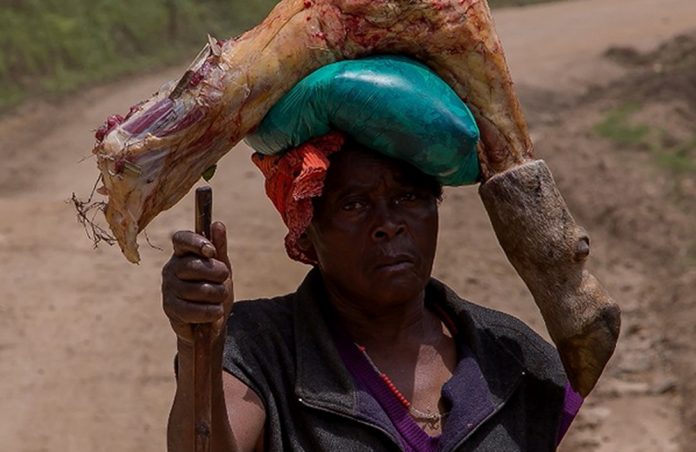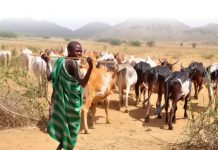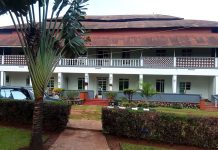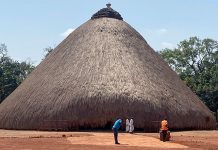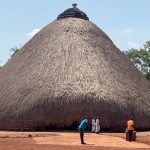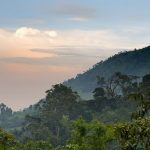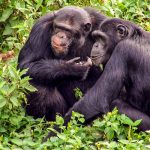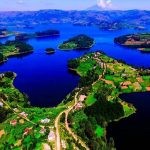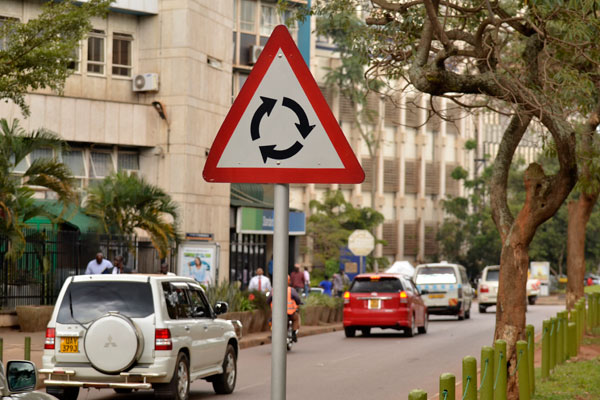The Bakiga-the people of the mountains, are Bantu-speaking natives of Uganda believed to be the descendants of Kashyiga, and also known as the Kiga or Chiga. They settled in what is now Southern Uganda and North-eastern Rwanda.
Originally, the Bakiga lived in Rwanda until AD 1600 – 1700 when they migrated and started settling in Uganda. Majority today live in the mountainous Kabale and Kigezi Districts and these make up approximately 7% of the entire population as per the 2002 national census.
The Kiga culture and dialect has a striking similarity to that of communities from Rwanda due to the fact that they migrated from there.
Historical background
The Bakiga are believed to be descendants of Kashyiga, a son of Mbogo, leader of the small Bumbogo Kingdom in Rwanda. Kashyiga, who later became known as Kakiga, migrated north crossing the border into Southern Uganda and there established the Bakiga tribe.
The migration was triggered off by the attacks of Kirima the Tutsi king from the Abanyiginya clan, also from Rwanda. Kirima accused Mbogo of mistreating his tribesmen and promised the people that he would make a better chief for them. Kirima was successful during his conquests because Mbogo chose not to fight back considering he was very old and weary. It was because of this that his son migrated north and tried to mobilize a force to retaliate the attacks. During his departure, Kakiga fled with the royal drum, the Kamuhagama, the main symbol of kingship. Because of this, Kirima was ripped of any opportunity of becoming king.
Other accounts however narrate that the Bakiga migrated from Bunyoro kingdom during the time of the Luo invasion. These are believed to have originally settled in the Karagwe region of Tanzania and are closely related to the Banyambo tribe.
The Kiga economy
The Bakiga are an agrarian community and a lot of their activities are based on crop growing and livestock farming. The major crops grown include sorghum, a main ingredient of the local porridge obushera and local brews; enturire and omuramba, Plantain bananas (matooke), Irish potatoes, maize, vegetables, and so on.
Just like many natives from western Uganda, the Bakiga keep large herds of cattle and other livestock like sheep and goats mainly for the production of milk. Milk apart from being consumed as tea, is also used to make appetizers like ghee and eshabwe. A lot of importance is attached to cattle as they are much valued in the payment of bride price.
To the Bakiga, food security is what keeps the community running and so they ensure to always stow cereals in granaries ebitara in order to prepare themselves for the days of poor harvests.
Culture and traditions
The signature Bakiga dance ekizino is so popular in Uganda and many people believe that the highly energetic dance which involves jumping and hitting the floor is a result of the cold temperatures, and so they do it to rid themselves of the cold. Others believe that because of the mountainous Kigezi area, the people out of climbing the mountains became extremely energetic and thus the adage “Don’t mess with a Mukiga” was coined.
Many of the Kiga songs depict the natives as hunters and warriors and it is common for the songs to have words like omuhiigo to mean “the hunt”, eicumu referring to a spear, and others. Apart from war, some songs are centered on marriage and culture among others.
The institution of marriage is very central to the Bakiga and it is a basis for family formation and expansion. Originally, virginity among girls was so treasured to an extent that a girl who got pregnant before marriage was taken to the Akampene ‘Punishment’ island in Lake Bunyonyi – to die of hunger or while trying to swim to the mainland. Another alternative was being thrown over a cliff right into the Kisizi falls. With modernity, such practices have faded although in some homesteads, punishments of a smaller magnitude are still given to girls who get pregnant at home.
Politically, the Kiga had no kings and power rested in the hands of lineage/clan heads Abakuru b’emiryango Ngogogoza. These had both political and traditional powers and many of them got there because of their oratory and martial skills.
Bakiga today
The Bakiga have now dispersed to different districts in Uganda and are no longer confined to the southern region alone. They also form a nucleus of highly educated and recognized Ugandans in the country. Prominent Bakiga today include Hon. Amama Mbabazi, Dr. Ruhakana Rugunda , Col. Dr. Kiiza Besigye, Professor Emmanuel Tumusiime Mutebile, Shaka Ssali and many others.
There is a lot of Kiga history and folklore that can be told and trying to exhaust it all at once is just a fallacy. However, one has to have it at the back of their mind that the Bakiga, just like other natives of Uganda, are amazing people with an intriguing history, culture, and lifestyle that surely should be preserved for the future generation to enjoy.

